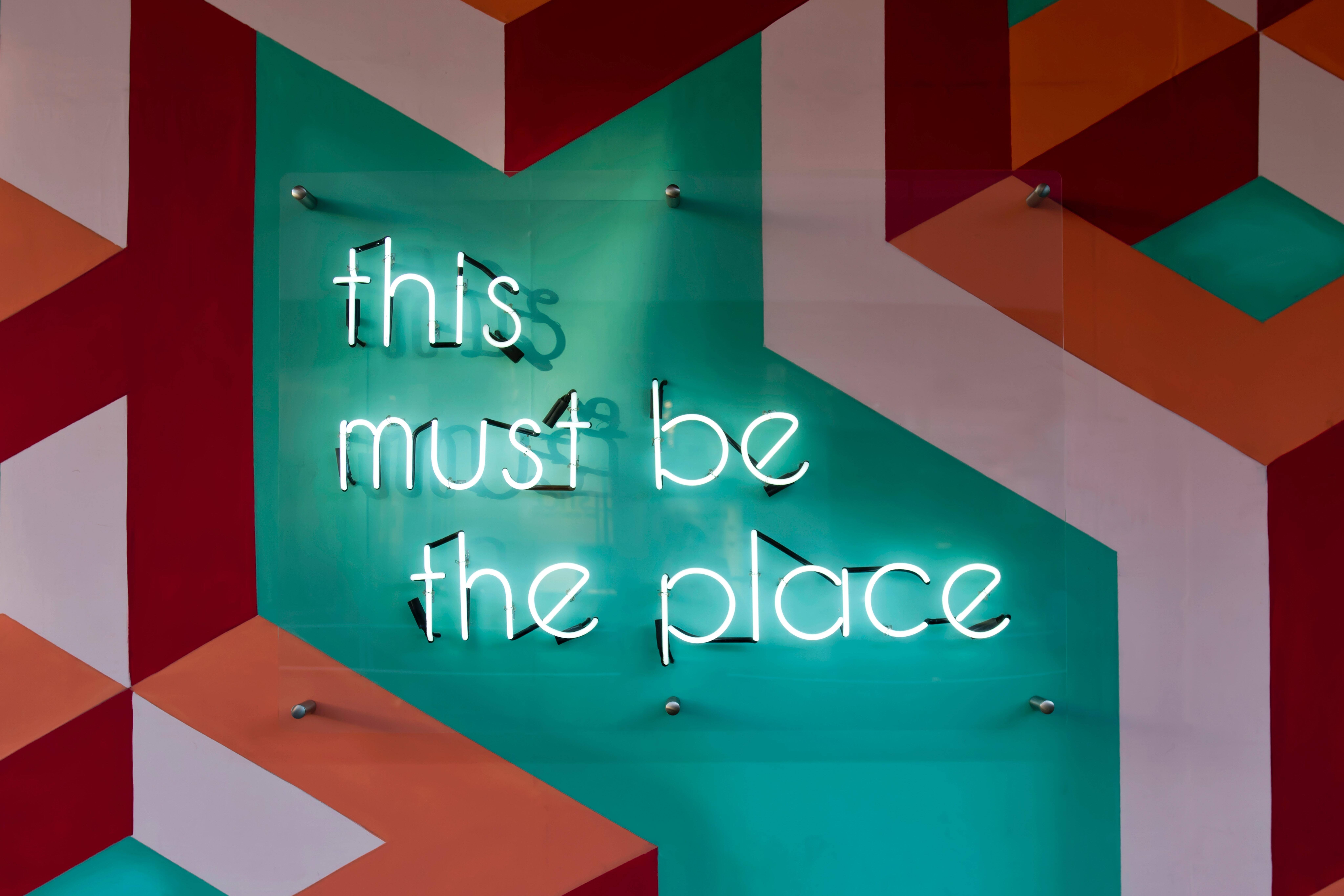Events offer a treasure trove of data. Whether it’s an exhibition, a conference, or an online webinar, harnessing the power of event data can be a game-changer for businesses looking to improve their marketing strategies.
By leveraging event data effectively, marketers can gain a deeper understanding of their audience, measure the success of their campaigns, and optimise their marketing strategies. But to make the most of event data, it’s essential to identify the right data to collect, capture it consistently, and integrate it into your overall marketing strategy.
What are the benefits of event data?
Event data is a goldmine of information – by collecting data from various touchpoints throughout an event, organisations can gain valuable insights into attendee preferences, behaviours, and interactions. This data can then be used to optimise marketing and sales efforts, leading to increased brand awareness, lead generation, and customer engagement.
But event data isn’t just limited to attendance numbers and customer satisfaction surveys; it’s important to look at the whole journey from surveying attendees before, during, and after the event, to analysing customer data from the event platform, to tracking social media engagement.
Some key benefits of using event data for marketing include:
- Audience insights: Event data can provide valuable information about your attendees, such as their demographics, interests, and preferences. This can help you create more targeted and personalised marketing campaigns, as well as inform your future event planning.
- Trends and patterns: By analysing event data, you can identify trends and patterns in attendee behaviour, which can help inform your marketing strategies and improve your event offerings.
- Measuring ROI: Event data can help you measure the return on investment (ROI) of your events, allowing you to determine which events are most effective in driving leads, sales, or other desired outcomes.
- Lead generation and nurturing: Capturing event data can help you generate and nurture leads, ultimately leading to increased conversions and sales.
What data should we collect?
In the pre-event stage, focus on collecting data that will help you understand your target audience and their reasons for attending your event:
- Contact information: Name, email address, and phone number
- Industry and job title
- Company size and location
- Event expectations and goals
- Any specific topics or sessions they’re interested in
During the event, you should aim to collect data that will help you better understand attendee interests and behaviours:
- Sessions attended and time spent in each session
- Booth visits and interactions with exhibitors
- Networking connections made
- Engagement with event content, such as polls, Q&A, and live chat
Post-event, focus on collecting data that will help you evaluate the success of your event and inform your future event planning:
- Event feedback and satisfaction ratings
- Content engagement, such as downloads, video views, and on-demand session views
- Post-event actions, such as signing up for a newsletter or requesting more information about a product or service
How should we collect it?
Once you’ve identified the data you want to collect, the next step is to ensure that you’re capturing it consistently and effectively across all of your events. This involves standardising your data capture processes and utilising the right tools and technologies to collect and manage your event data.
To ensure consistent data collection, establish standardised processes for capturing data at each stage of the event lifecycle. This may involve creating templates for registration forms, feedback surveys, and other data collection tools, as well as setting up clear guidelines for how data should be collected and managed.
What next?
To maximise the benefits of event data, marketing and sales teams need to work collaboratively and share the information gathered. This can help eliminate data silos and ensure that all departments have access to the insights needed to make informed decisions. By aligning departmental goals with overall business objectives and leveraging event data, organisations can create a cohesive strategy that drives results across channels.
With your event data collected and organised, it’s time to integrate it into your overall marketing strategy. It’s crucial to integrate it with your existing marketing technology stack like your customer relationship management (CRM) system, marketing automation platform, and other relevant tools.
You can then begin analysing your data to gain insights that will inform your marketing strategy. Look for trends and patterns in attendee behaviour, identify the most popular topics and sessions, and evaluate the success of your event in terms of generating leads, sales, or other desired outcomes. With the insights gained from your event data analysis, you can use this information to create more targeted and personalised marketing campaigns.
Planning an event? Why not arrange a call with our events team to chat through your requirements and find out how we can help.
To find out more about Hub’s Event Services click here







